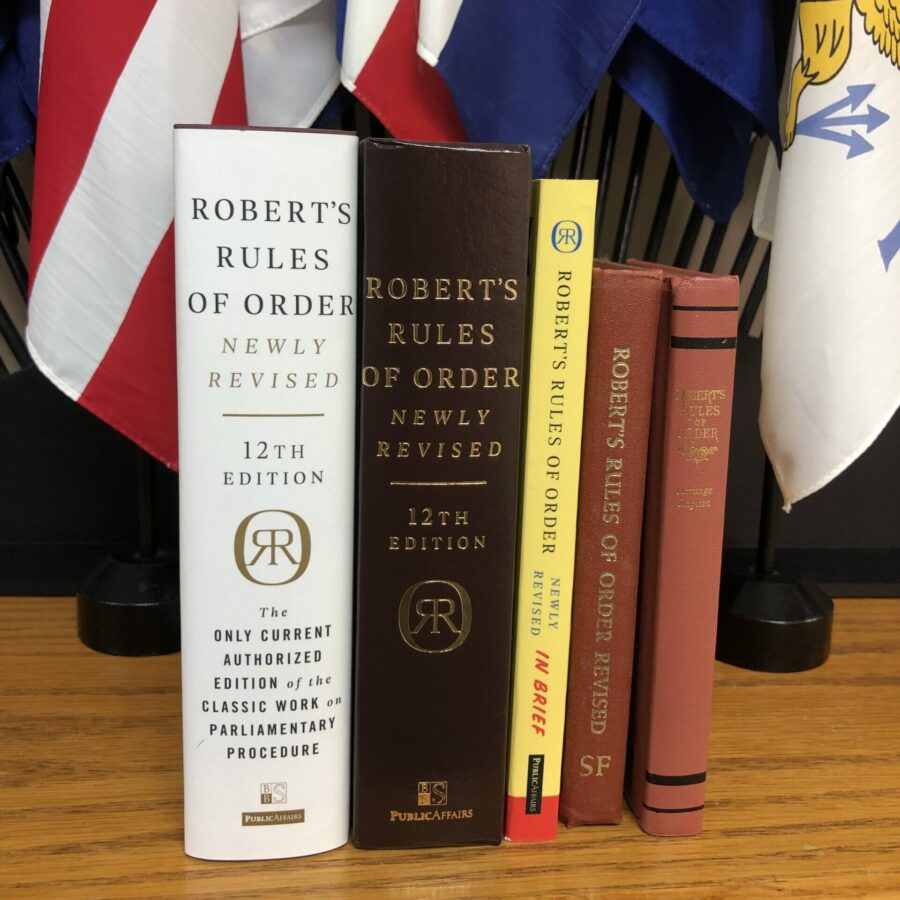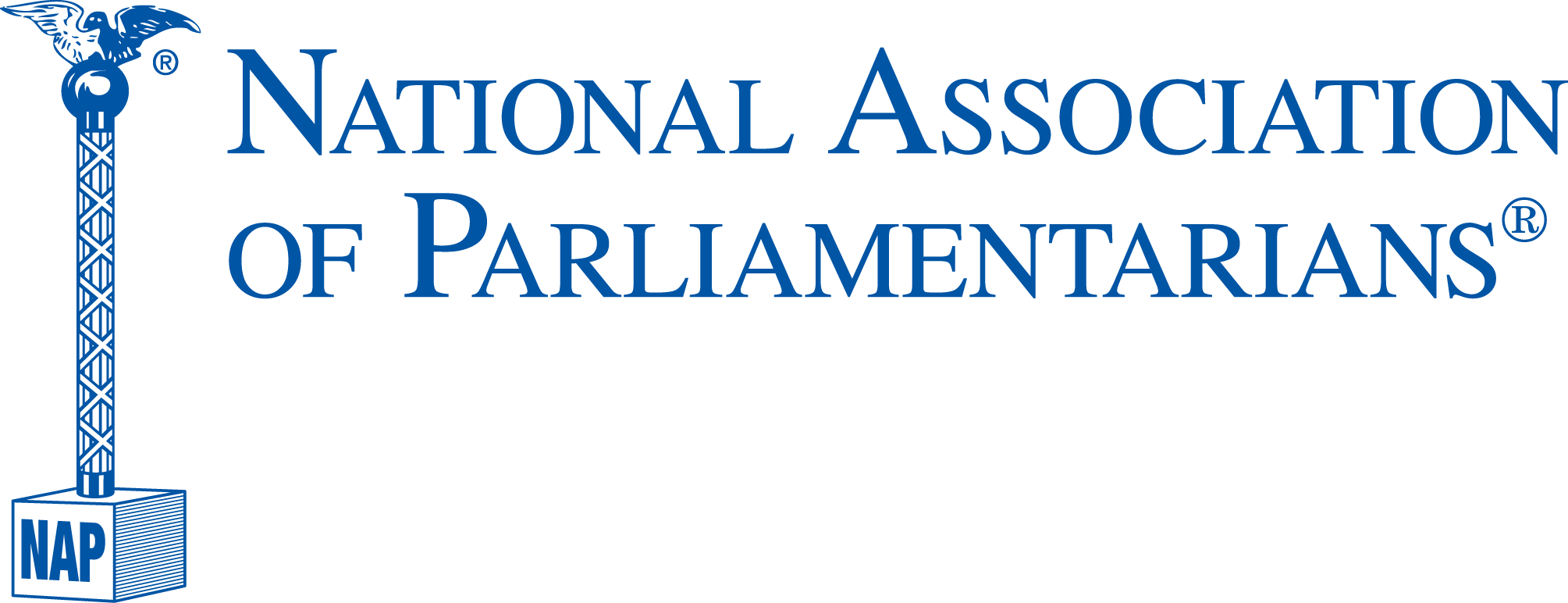About NAP
Advancing the principles and practice of democratic decision making
The National Association of Parliamentarians (NAP) is the largest and oldest professional, nonprofit association of parliamentarians in the country. Founded in 1930, NAP provides education and resources to individuals around the world on how to effectively participate in and manage meeting using parliamentary procedure.
Through its various programs and services, NAP
Encourages… individuals to learn the principles and practice of democratic decision making
Educates… people of all ages—from public and private school students to active professionals to retirees involved in their communities—in parliamentary procedure
Promotes… collaboration and professional development among parliamentarians
Provides… widely recognized, authoritative professional credentialing of parliamentarians

What is parliamentary procedure?
Parliamentary procedure, or parliamentary law, refers to the rules of democracy—that is, the commonly accepted way a group of people come together, present, discuss possible courses of action, and make decisions.
Parliamentary procedure ensures effective use of time, equal voice for all members, fair and orderly conduct of business, and clear decision making with real results. When applied properly, parliamentary procedure can make long, confrontational meetings short and painless, all while protecting the rights of members.
Everyone in an organization — from the presiding officer to the individual voting member — can benefit from understanding basic parliamentary procedure.
Many different decision-making bodies use parliamentary procedure, including government and civic organizations, homeowners’ associations, not-for-profit organizations, corporations, churches, fraternal organizations, and unions. Robert’s Rules of Order Newly Revised is the most common parliamentary authority in use today.
Why do we need a parliamentarian?
By definition, a parliamentarian is a meeting expert. A parliamentarian’s first duty is to advise the president, but may also meet with and advise a committee, and the board of directors on matters of parliamentary procedure.
The parliamentarian may be a member of the organization or a third-party professional parliamentarian. The latter is better equipped to advise on more complicated issues that may require special handling. Look for the RP (Registered Parliamentarian) and PRP (Professional Registered Parliamentarian) credentials to assure you have an experienced, highly qualified parliamentarian.

